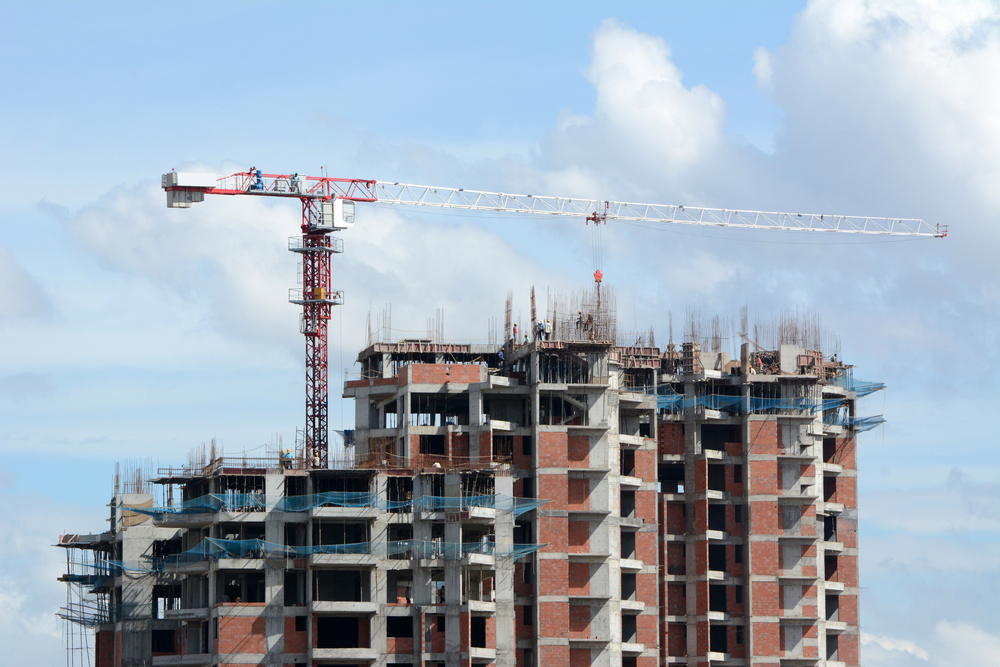Established builders are saddled with unsold residential projects worth Rs 15,300 crore in Calcutta alone, where sales have come to a standstill during the lockdown like in the rest of the country.
The city has now unsold inventory of 29,555 units which would take at least 4.2 years to liquidate, a stern reminder to the builders who may consider to launch new projects. The sale velocity in Calcutta is slower than the India average of 3.3 years, the first quarter residential report published by consultancy JLL notes.
The report released on Tuesday put the total number and value of unsold residential units across major eight cities at 4,55,351 and Rs 3.7 lakh crore respectively, with Delhi-NCR, Mumbai and Bangalore contributing the most.
For developers, who were already hard up following demonetisation, the implementation of the GST and the NBFC crisis, the timing of endemic could not have come at a worse time. Real estate body Credai wrote to Prime Minister Modi seeking various relief — such as deferment of the GST, income tax, for the industry.
“We are facing a huge cash flow problem. Sales has come to naught. But overhead remains as well as commitment to banks, which is draining resources,” Sushil Mohta, president of Credai West Bengal, said. He ruled out launching new projects saying the industry must focus on completion of existing projects, liquidate inventory and improve cash flow.
In the first two months of 2020, there were 2,098 new units launched in Calcutta (mostly in Howrah, Srerampore and Rajarhat-New Town), up 32.5 per cent in the same period last year. But sales were down to 1259 units compared to 1,947 recorded in the first quarter of 2019, primarily because the market froze in March.
Better off than 2008?
JLL’s executive director and head of research Samantak Das came up with a provocative comparison with the financial crisis of 2008, when the global economy was hit by an unprecedented situation.
“We are in no position to give an outlook. It is merely an attempt to compare the two situation. How the economy will rebound is going to be primarily dependent on the intensity and duration of the virus outbreak, which as of today we have simply no idea about,” Das pleaded.The comparison says the residential real estate market could be in an advantageous position when the dust settles compared with 2008, the last black swan event to hit the globe.
First, the market is realistic, home prices are stable in 2020 unlike investor driven bubbles leading up to 2008, leading to less speculative fear of a crash. Consequently, it has become a buyer’s market when banks are flushed with funds and willing to offer loans at a rate lower than 2008.
Moreover, there are more tax sops available now and the builders are tailoring the projects (read affordable) to reach a larger target audience. For instance, 99 per cent of first quarter Calcutta launches were in affordable segments (up to Rs 75 lakh).











